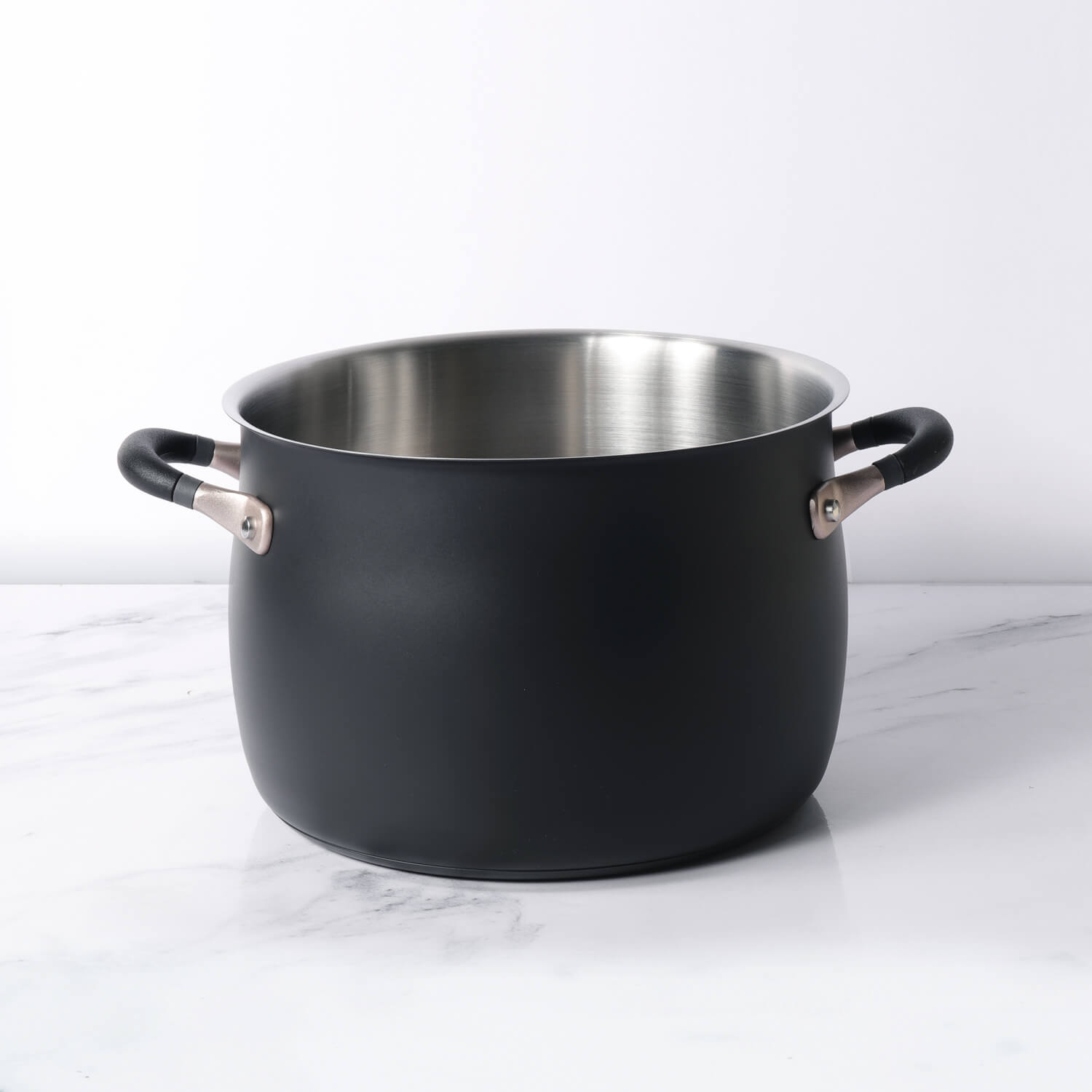Shankhpushpi, also known as Shankhini, Aparajita, Kambumalini, Samkhapushpi, Sadaphuli, and Sankhaphuli in common parlance, is a strong memory enhancer and brain tonic that actively works to increase intellect and brain function. The plant was given the name shankhpushpi because of its shankh or conch-shaped blooms. Additionally, it aids in improving focus, learning capacities, mental tiredness, sleeplessness, tension, anxiety, and depression, among other things.
Table of Contents
About Shankhpushpi:
Convolvulus pluricaulis, also known as shankhpushpi, is a perennial plant that is indigenous to India. English names for this therapeutic herb include morning-glory, speed wheel, and aloe weed. It has distinctive arrowhead-shaped leaves and bulb-shaped blue or white blooms. The herb is very useful and is utilised for a variety of medicinal purposes from root to tip. It is a kind of morning glory that is a member of the plant family Convolvulaceae.
By the Sanskrit titles Shyamakranta, Visnukranta, Vaishnava, Sankhaholi, Vishnugandhi, Vishnukranti, Shankavall, Vishnukrantha, Krishnaenkranti, Nilashankhapushpi, Ksheerpushpi, Laghuvishnukranta, and Erravishnukaraantha, the comprehensive science of ayurveda popularises
This magical herb is a potent remedy for numerous health issues thanks to its wide range of beneficial properties.
Effect On Doshas
Tikta Rasa is characterised by Shankhpushpi (bitter taste). It displays Sheeto Virya (cold potency), Madhura Vipaka, and Snigdha (oily, sticky) and Pichhil (slimy) gunas (pungent metabolic property). It calms down the three doshas—Pitta (fire and air), Vata (air), and Kapha (earth and water)—and concentrates on the Vata and Pitta dosha.
Composition of Shankhpushpi:
A wide range of active ingredients, including alkaloids like shankhapushpine, convolvuline, convolidine, convolvine, convolamine, convoline, confoline, and convozine, are included in the magical herbal cure as a whole. In addition to these, it also includes rhamnose, D-glucose, maltose, sucrose, starch, and other sugars, proteins, and amino acids. It also contains volatile oils, fatty acids, fatty alcohols, hydrocarbons, palmitic, linoleic, and myristic acids, flavonoids, steroids, and phytosterols.
Parts used:
The herb shankhpushpi is frequently used in formulations as a paste, powder, and tonic. The leaves, flowers, stems, roots, seeds, and ashes are the components that go into these concoctions.
Health Benefits of Shankhpushpi:
Enhances Cognitive Functioning: Shankhpushpi is a conventional treatment for enhancing brain activity. The potent antioxidants and flavonoids it contains enhance a person's memory, attention, concentration, tranquillity, and alertness. People who take shankhpushpi have better memory, reasoning, problem-solving, and other cognitive talents since it is a brain tonic and stimulant. The plant's neuroprotective components reduce mental stress and guard against memory loss.
Reduces Mental Fatigue: Excessive and protracted cognitive activity is a condition known as mental fatigue. It typically results from extensive computer usage, hours of television viewing, learning or memorization tasks, etc. and makes a person unfocused and fatigued. Shankhpushpi is a potent memory enhancer that aids in improving the brain's functioning ability and lowering focus loss.
A daily decoction made by mixing a spoonful of shankhpushpi powder with a glass of water will work wonders for improving memory.
Prevents Depression: Since Shankhapushpi has such strong anti-stress, anti-depressive, and anti-anxiety qualities, it is highly significant for treating many psychotic conditions including depression, dementia, restlessness, and others. It maintains the balance of brain chemicals, or neurotransmitters, and increases the release of dopamine, which in turn keeps the level of serotonin under control and helps to lessen a variety of anxiety symptoms, such as restlessness, unease, and cold hands and feet, as well as promoting relaxation of the mind and body.
Enhances Cardiac Functioning: Because of its potent antioxidant properties, sankhpushpi is incredibly useful in treating a variety of cardiac conditions. It inhibits fat buildup in the blood arteries and strengthens the cardiac muscles. The risk of heart attacks, heart blockages, blood clots, etc. is decreased by bioactive components such the ethanolic extract that lower levels of non-esterified fatty acids (NEFA). Additionally, it is crucial in bringing down blood cholesterol levels.
Improves Digestion: This ancient herb's digestive characteristics have been shown to be quite helpful in enhancing digestion. It increases the absorption of vital nutrients and improves digestion by stimulating the release of digestive juices. Additionally, it relieves the signs of irritable bowel syndrome, ulcerative colitis, abdominal discomfort, and distension. It also reduces fluid retention.
Enhances Skin Health: Shankhpushpi is essential for treating a range of skin ailments. The strong herb's rich antioxidant content works wonders to eliminate dangerous free radicals from the body, and its antipruritic properties reduce itching brought on by allergic disorders including psoriasis, eczema, acne, sunburn, etc. Additionally, it functions as a skin tonic, penetrates the skin deeply, feeds it from the inside out, and bestows a beautiful and healthy glow. In addition, antioxidative nature also addresses the different ageing symptoms like wrinkles, fine lines, dark spots, etc.
Apply rose water, honey, and one tablespoon of shankhpushpi powder to your face on a regular basis to get rid of fine wrinkles, decrease spots, and make your skin seem younger and more vibrant.
Prevents Headache: Shankhpushpi is extremely important for relieving stress and persistent headaches, among other things. The usual causes of headaches are overwork, stress, worry, etc. It promotes nerve function, relaxes the brain, and soothes irritable nerves. Also read: Causes, Symptoms, and Treatment for Five Common Types of Headaches
The application of shankhpushpi oil to the forehead has a calming and cooling effect and aids in the relief of headaches.
Precautions:
Whenever using any herb, take normal safety measures as directed by your doctor. Please refrain from self-medicating and do not replace, modify, or stop any continuing therapy on your own. Other safety measures to take are:
Long term diseases: Patients with long-term illnesses, such as chronic renal disease, heart disease, diabetes, etc., who are taking medicine for such conditions. Only after contacting the individual's doctor who is managing the chronic illness may shankhpushpi be eaten.
Pregnancy and nursing mothers: Before beginning to use herbal plant material or its constituents, a doctor should be contacted in both cases.
Low blood pressure: Before beginning the herb in a person with low blood pressure, caution must be used. Shankhpushpi may result in low blood pressure and dizziness when coupled with other prescription medications because of its blood pressure-lowering action.
Conclusion:
A traditional herbal treatment known as sankhpushpi is endowed with a multitude of health advantages. It is extremely important for boosting memory, attention, and learning capacities as well as for treating mental tiredness, insomnia, anxiety, depression, and other related conditions. The numerous health advantages of the various herbs included in this mixture also raise its therapeutic potency in the management of infertility problems. If taken in the right dosage, one may steer clear of the adverse effects and enjoy the various health advantages.













Leave a comment